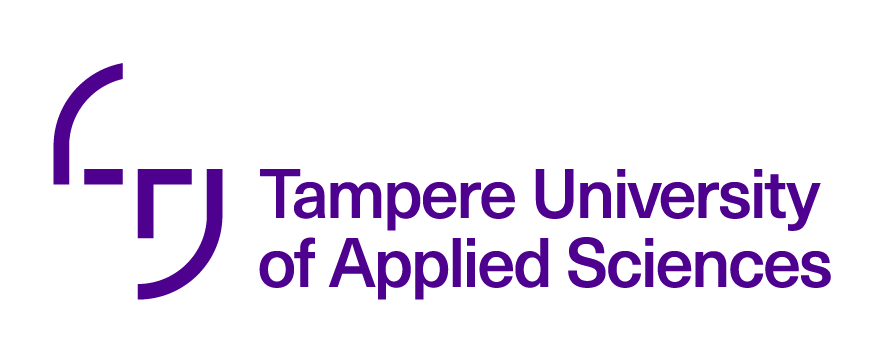Artificial Intelligence and Machine Learning (5 cr)
Code: 5G00FP31-3001
General information
Enrolment period
02.12.2021 - 31.12.2021
Timing
01.08.2022 - 23.12.2022
Credits
5 op
Mode of delivery
Contact teaching
Unit
Business Operations
Campus
TAMK Main Campus
Teaching languages
- English
Teachers
- Teemu Heinimäki
Person in charge
Hanna Riskilä
Groups
-
21DIOTSecure IoT-systems for Smart Industry
Objectives (course unit)
After completing the course, the students will be able to:
- Select approprite ML/AI algorithm for common use cases
- Use trained model to make classifications or predictions
- Train new ML/AI models with prepared data
Content (course unit)
Basic concepts and different types of Machine Learning and AI, Concepts and requirements with data preparation, Making predictions and classifications with pre-trained models in Python, Training custom models with own data in Python.
Prerequisites (course unit)
Basics of Programming with any language preferred. Pyhton language will be used in the course.
Assessment criteria, pass/fail (course unit)
The student is able to reach the objectives of this course
The student is not able to reach the objectives of this course
Location and time
Autumn 2022 (Fridays of the first and second periods). Starting: September 2, 2022 – see Moodle for details.
Exam schedules
No exam by default. Assessment based on working during the course (tests, exercises/assignments, presentations).
Assessment methods and criteria
Pass/fail grading applied. Passing the course (or not) determined based on the number of points gathered from the course activities (tentatively 50% required). Moreover, there may be mandatory activities/assignments that have to be passed in order to pass the course.
Assessment scale
0-5
Teaching methods
Remote teaching (see Moodle, probably some sessions also at TAMK premises), independent studying, problem-based learning, exercises/assignments, presentations, working independently and in groups
Learning materials
To be announced.
Student workload
Planned student workload approximately 135 hours, distributed evenly over the first and second periods.
Completion alternatives
n/a
Practical training and working life cooperation
n/a
